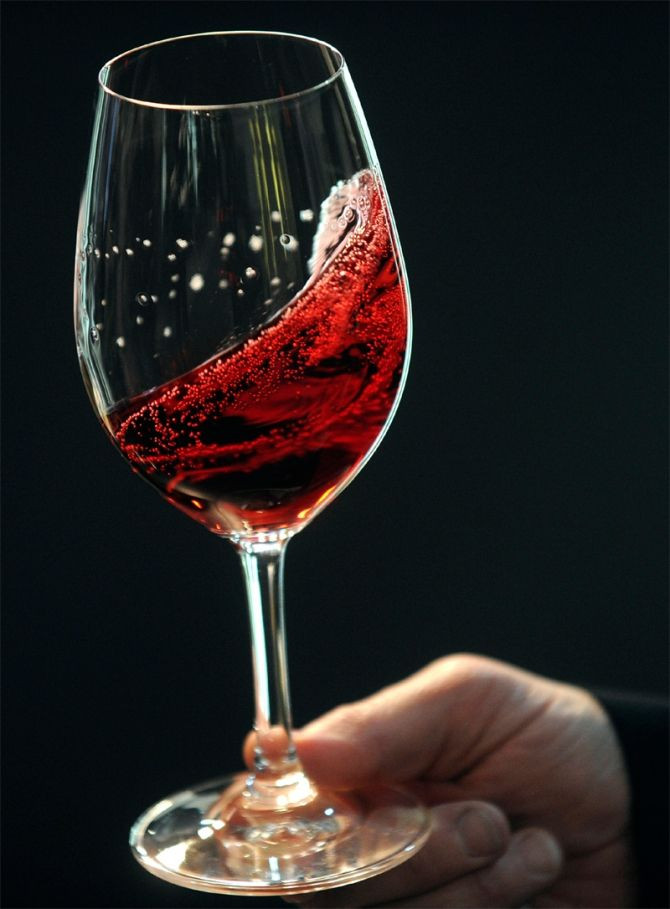Red Wine Increases Lifespan, Says New Study

Red wine could help people to increase their lifespan by activating anti-aging gene and slowing down the aging process, according to a new study.
Harvard Medical School professor David Sinclair performed experiments on mice and showed that resveratrol, an ingredient of the red wine, had no effect of its metabolic benefits when anti-aging gene, SIRT1, was turned off. Appling resveratrol to mice with normal SIRT1 gene would have a boost in mitochondrial activity, which provides the energy for the cell.
“Resveratrol improves the health of mice on a high-fat diet and increases life span,” said Sinclair, co-authored the study that was published in the May issue of the journal Cell Metabolism.
The link between resveratrol and anti-aging process had been suggested before, but the exact mechanism was not clear. Previous studies have suggested that resveratrol acted on SIRT1 gene. The problem is the difficulty of removing SIRT1 in mice. According to Sinclair, his team had to work years to find ways to turn off SIRT1 in healthy adult mice. When mice are born without the gene, they usually have developmental defeats and not suitable for study.
Sinclair showed in the research that SIRT1 was absolutely necessary for resveratrol to improve metabolism.
The study also rejected some of the other researchers’ suggestions of resveratrol improving mitochondrial function by activating a separate energy pathway, AMPK. While AMPK pathway was activated with high doses of resveratrol, there was no benefit to mitochondrial function, the study revealed.
Could drinking red wine, then, increase lifespan?
Unfortunately, it will not be practical to attempt for a similar result as Sinclair’s experiment, because the amount of resveratrol used is around 100 glasses of red wine a day, as US News reported.
According to Sinclair, the goal is to develop medication with synthetic resveratrol.
The medication is to treat diseases of aging. Sinclair added that extending lifespan is not necessarily the goal, although it may be a side effect. A desirable one, perhaps.
George Vlasuk, CEO of Sirtris, said the finding of Sinclair is the “first definite evidence” that linked the metabolic benefits of resveratrol and SIRT1.



























